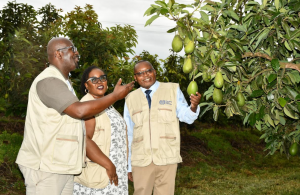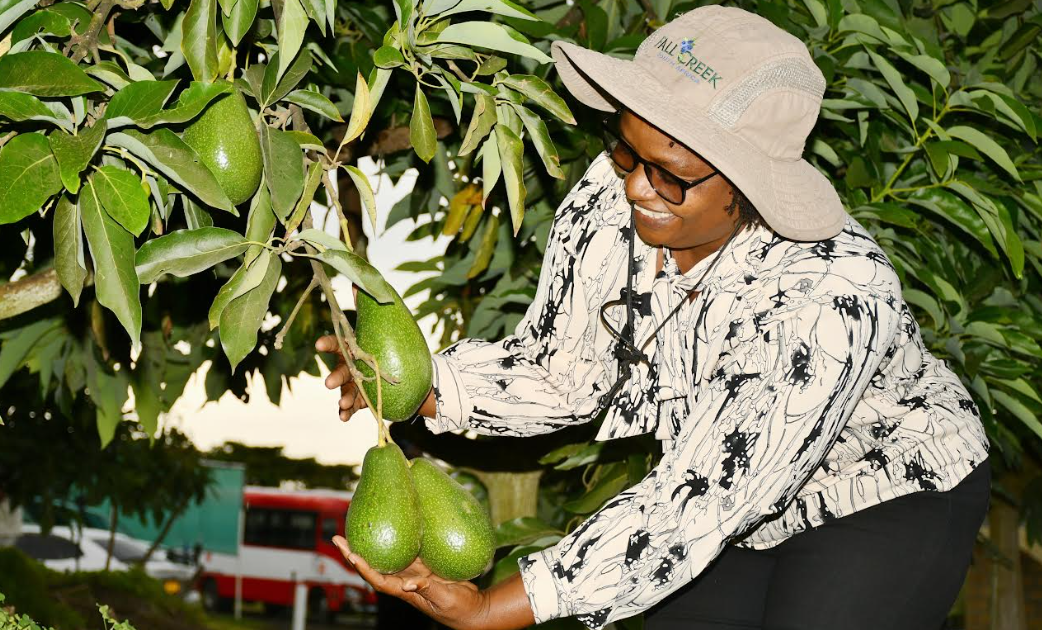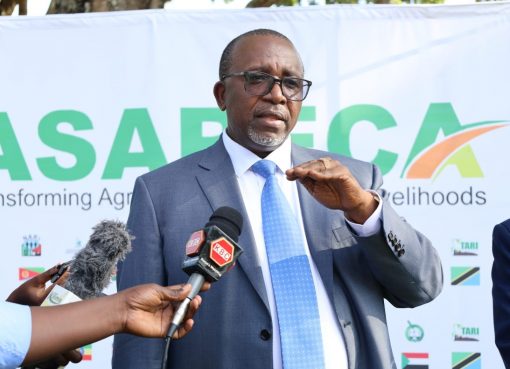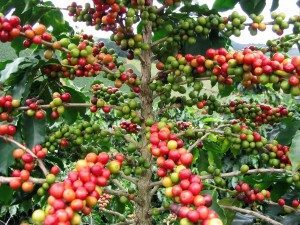The International Labour Organisation (ILO) has teamed up with the European Union (EU) to enhance market access for horticultural products from small-scale farmers in Kenya.
The initiative aims to address long-standing challenges in the sector, including limited access to international markets and financial resources while promoting fair labour practices.
The ILO-EU partnership, announced months after Kenya signed an Economic Partnership Agreement (EPA) with the EU, focuses on equipping farmers with technical skills and resources to boost productivity and profitability.
Under the EPA, which came into effect on July 1 this year, Kenyan horticultural products such as fruits, vegetables, and avocados, will have duty-free and quota-free access to the lucrative EU market while Kenya will gradually open the local market to EU imports.

Speaking during a visit to the Naivasha-based Veg-Pro farm, ILO Country Director Caroline Khamati, lauded the transformative potential of the partnership for farmers’ access to markets.
“For years, small-scale farmers have faced barriers in accessing international markets, which has stifled their growth, and this project, in collaboration with the EU, aims to provide the technical support needed to unlock the sector’s high potential,” Khamati said.
Khamati said that the project will address key issues in the agricultural sector, including the use of pesticides, occupational health standards, and the elimination of child labour in the agricultural value chain.
She said plans are underway for the Kenya delegation to visit Madagascar for a knowledge-sharing tour, as well as a joint tour to Rungis International Market in France, which is a key destination for major horticultural products in Europe.
According to official data from the Kenya National Bureau of Statistics (KNBS), Kenya’s horticultural exports have shown significant growth in recent years, and in 2023 the country earned Sh187.4 billion from horticulture exports.
The data indicated a notable increase from the year 2022 when the earnings hit Sh152.3 billion while the country earned Sh166 billion in 2021 with the EU being the top market for local horticultural products.
ILO Director for Madagascar, Comoros, and Seychelles, Fredrick Muya, noted that the partnership aligns with broader efforts to strengthen trade relationships within the region with the EU which is expected to boost the country’s economies.
Muya welcomed plans for a reciprocal tour to Madagascar by the Kenyan delegation to explore the island’s untapped horticultural potential, particularly in fruit production.
“With the EPA in place, both Kenya and Madagascar have a unique opportunity to export their products to the EU market, and the ongoing capacity building will ensure these products meet international standards,” Muya explained.
He also reiterated ILO’s commitment to advocating for safe working conditions, social protection, and fair wages in the agricultural sector, including safeguarding established labour laws.
Veg-Pro Farm, located in Naivasha and a key player in Kenya’s horticultural exports, showcased its achievements during the visit where it has established an expansive 1,000 ha farmland for horticulture production, especially avocado, fruits, and vegetables for the export market.
Rose Ngina, the company’s head of fruit production, reported a significant rise in avocado exports, with 600 tonnes shipped to the EU and the Middle East last year.
The company aims to scale up exports to two million tonnes by next year, despite challenges such as the use of pesticides that ensure import materials adhere to renewed and strict regulations by the EU market on chemical levels on products.
Ngina called on the government to assist small-scale avocado farmers in securing reliable markets, noting that many have been exploited by unscrupulous middlemen due to the lack of information on quality and pricing in the market.
“With better support, avocado farmers can significantly contribute to Kenya’s export earnings by tapping into the very expanding EU market and the promising China market,” she said.
Horticulture is one of Kenya’s leading foreign exchange earners, contributing significantly to the country’s GDP with small-scale farmers playing a critical role in the sector, but their growth has been hampered by inadequate access to global markets, technical expertise, and financing.
The government has been keen to ensure all products shipped to international markets meet strict quality, quantity, and chemical content level standards to curb incidences where shipments have been rejected for flouting set regulations.
The economic agreement with the EU, combined with initiatives like the ILO-EU partnership, is expected to unlock significant opportunities to address these challenges, enabling Kenyan farmers to thrive in international markets while adhering to ethical labour practices.
In addition, the government has also been at the forefront of diversifying the market for local products, especially avocados, in other countries, including the expansive Chinese and Indian markets, to accommodate increased fruit production.
By Erastus Gichohi





